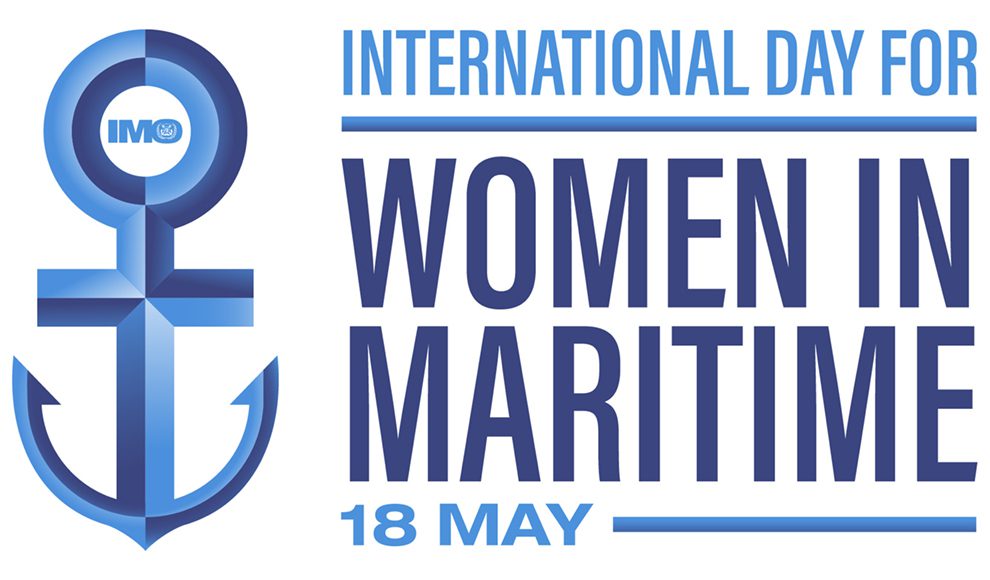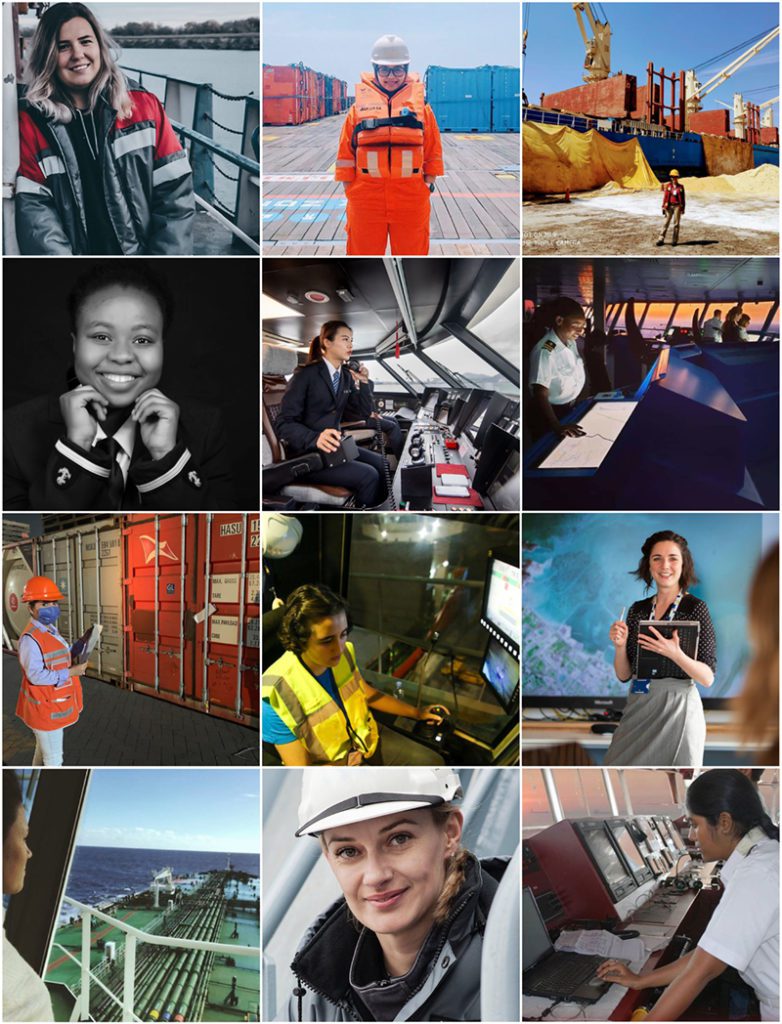Iraq Set for Key Oil Cargo Surge in Sign of Increased Output
Iraq will raise shipments of a key crude grade next month, part of an enlarged export program indicating that the OPEC+ nation is boosting its oil production.

Today marks the first International Day for Women in Maritime, meant to highlight and celebrate the role of women in the historically a male-dominated maritime industry and identify areas where there is gender balance.
The UN International Maritime Organization adopted a resolution in December designating May 18th as International Day for Women in Maritime.
The day of observance celebrates women in the industry and is intended to promote the recruitment, retention and sustained employment of women in the maritime sector, raise the profile of women in maritime, strengthen IMO’s commitment to the United Nations Sustainable Development Goal 5 (to achieve gender equality and empower all women and girls), and support work to address the current gender imbalance in the industry.
“There is still a gender imbalance in maritime – but times are changing,” said IMO Secretary-General Kitack Lim. “It is recognized that diversity in maritime benefits the entire sector. Women in maritime are working everywhere to support the transition to a decarbonized, digitalized and more sustainable future.”
“Let’s take this opportunity to celebrate the many women who are contributing to the future of maritime: maintaining an engine on a ship, running a company, drawing up a contract, surveying a vessel, or chairing an IMO committee meeting,” Secretary-General Lim added. “While there is much to celebrate, there is also the need for more progress to be made.”

To mark the occassion, the IMO is hosting a virtual symposium, releasing a new women in maritime report, and spearheading a social media campaign.
The 2021 IMO-WISTA (Women’s International Shipping & Trading Association) Women in Maritime Survey Report includes information about the proportion and distribution of women working in the maritime sector from IMO Member States and the maritime industry. The new report shows that women account for only 29% of the overall workforce in the general industry and 20% of the workforce of national maritime authorities in Member States.
“The knowledge we have gathered about gender diversity in the maritime industry through this first Women in Maritime Survey 2021 is an important step in our ambition to create holistic gender diversity,” said WISTA International President Despina Panayiotou Theodosiou. “As a first snapshot, this survey gives telling evidence of how much work still needs to be done. But it also shows us where there are a few bright spots. The maritime industry can see for itself which sectors are pushing ahead with diversity, and which are not.”
According to data gathered from Member States, search and rescue teams in national maritime authorities account for significantly fewer women staff (just 10%) as compared to female diplomats (33%) and training staff (30%). Industry data shows that women seafarers make up just 2% of the crewing workforce and are predominately found in the cruise sector, while in shipowning companies they made up 34% of the workforce.
“Benchmarking the current state of the sector is vital to measure where we are, and where we need to go,” said Secretary-General Lim. “The Women in Maritime Survey 2021 shines a spotlight on areas in which IMO Member States and the wider maritime industry are performing well – and, more importantly, those where additional attention, resources and encouragement are needed. By actively empowering women with the requisite skills, maintaining a barrier free working environment, we create truly sustainable systems of gender equality.”
According to the previously released BIMCO/ICS 2021 Seafarer Workforce Report, women represent only 1.2% percent of the global seafarer workforce, estimating that there are 24,059 women serving as seafarers, which is a 45.8% increase compared with the 2015 report. But the IMO has been making a concerted effort to help the industry move forward and support women to achieve a representation. The IMO’s Women in Maritime program, established in 1988, takes a strategic approach towards enhancing the contribution of women as key maritime stakeholders.

Sign up for gCaptain’s newsletter and never miss an update

Subscribe to gCaptain Daily and stay informed with the latest global maritime and offshore news


Stay informed with the latest maritime and offshore news, delivered daily straight to your inbox
Essential news coupled with the finest maritime content sourced from across the globe.
Sign Up